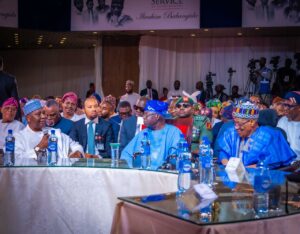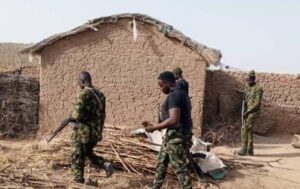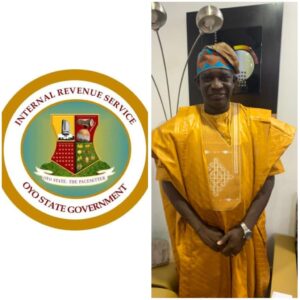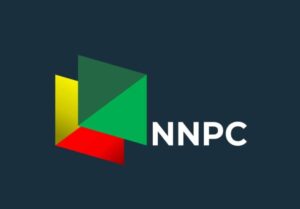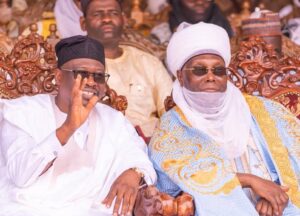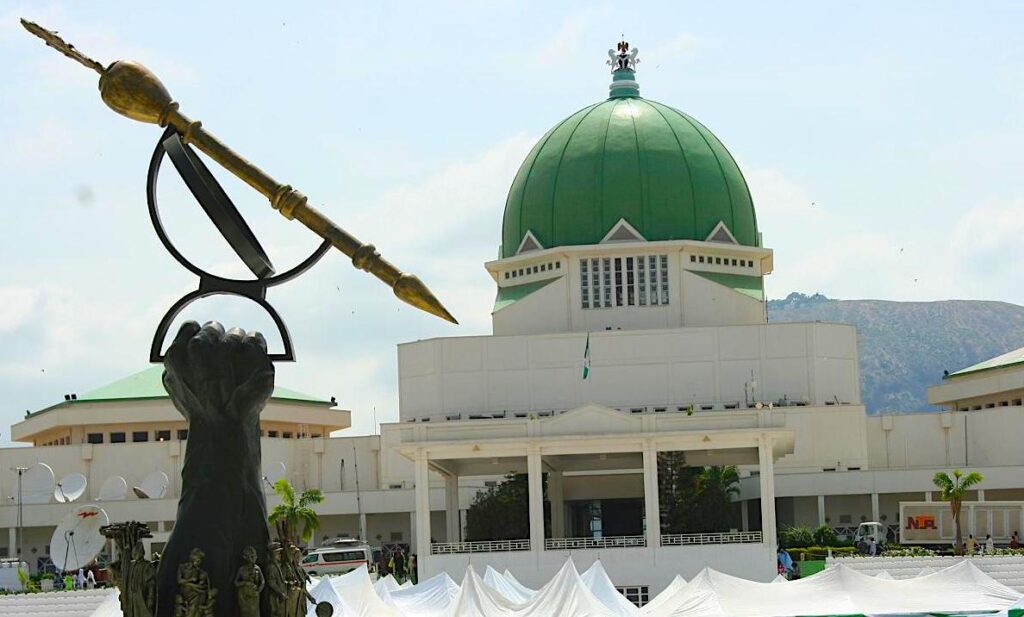
SENATE PASSES NEW MINIMUM WAGE BILL
This page is supported by Shell Nigeria. Click here for more information
The Senate on Tuesday passed the new minimum wage bill, making it the fastest bill ever passed, as it went through first, second, and third readings within an hour.
The bill, which seeks to raise Nigeria’s minimum wage from the current N30,000 to N70,000, came through a letter by President Bola Tinubu, which was dispatched to the leadership of the National Assembly today.
The President, in his letter, urged the lawmakers to speedily pass the bill for implementation.
The letters were read by the Speaker, House of Representatives, Tajudeen Abbas, and Senate President Godswill Akpabio, during plenary.
Leading a debate on the bill, the Senate Majority Leader, Opeyemi Bamidele, said N70,000 was agreed upon by all the parties after negotiations among the Tripartite Committee set up comprising the Federal Government, Labour and the Organised Private Sector (OPS).
Mr. Bamidele explained that the new minimum wage is “part of the federal government’s short-term measure to mitigate the situation in the country.” said.
There is a need to review it and bring it in tandem with the realities of society.
Also, the Senate Chief Whip, Tahir Monguno, reiterated that: “There is a need to review it and bring it in tandem with the realities of society. The review of the minimum wage used to be after every five years; it is now every three years.”
Recall that ahead of the presentation of the bill, the President had sought the lawmakers’ approval to increase the 2024 appropriation Act by N6.2 trillion.
He had explained that N3.2 trillion of the total sum is for infrastructure projects and N3 trillion for recurrent expenditure.
Defending the request yesterday before the House of Representatives’ Committee on Appropriations, the Minister of Budget and Economic Planning, Atiku Bagudu, said the N3 trillion is intended to cover the new national minimum wage.
He added that the N3.2 trillion proposed for infrastructure will cover a number of road and rail projects, including the one that links Port Harcourt-Maiduguri, traversing Rivers, Imo, Abia, Enugu, Ebonyi, Anambra, Benue, Nasarawa, Plateau, Kaduna, Bauchi, Gombe, Yobe, and terminates in Borno state


